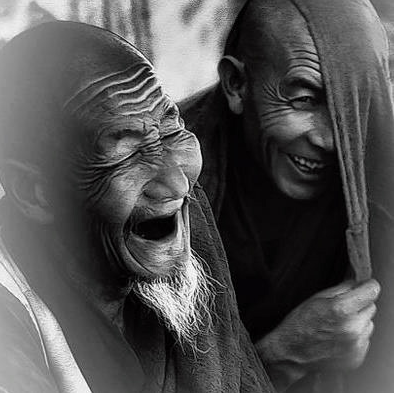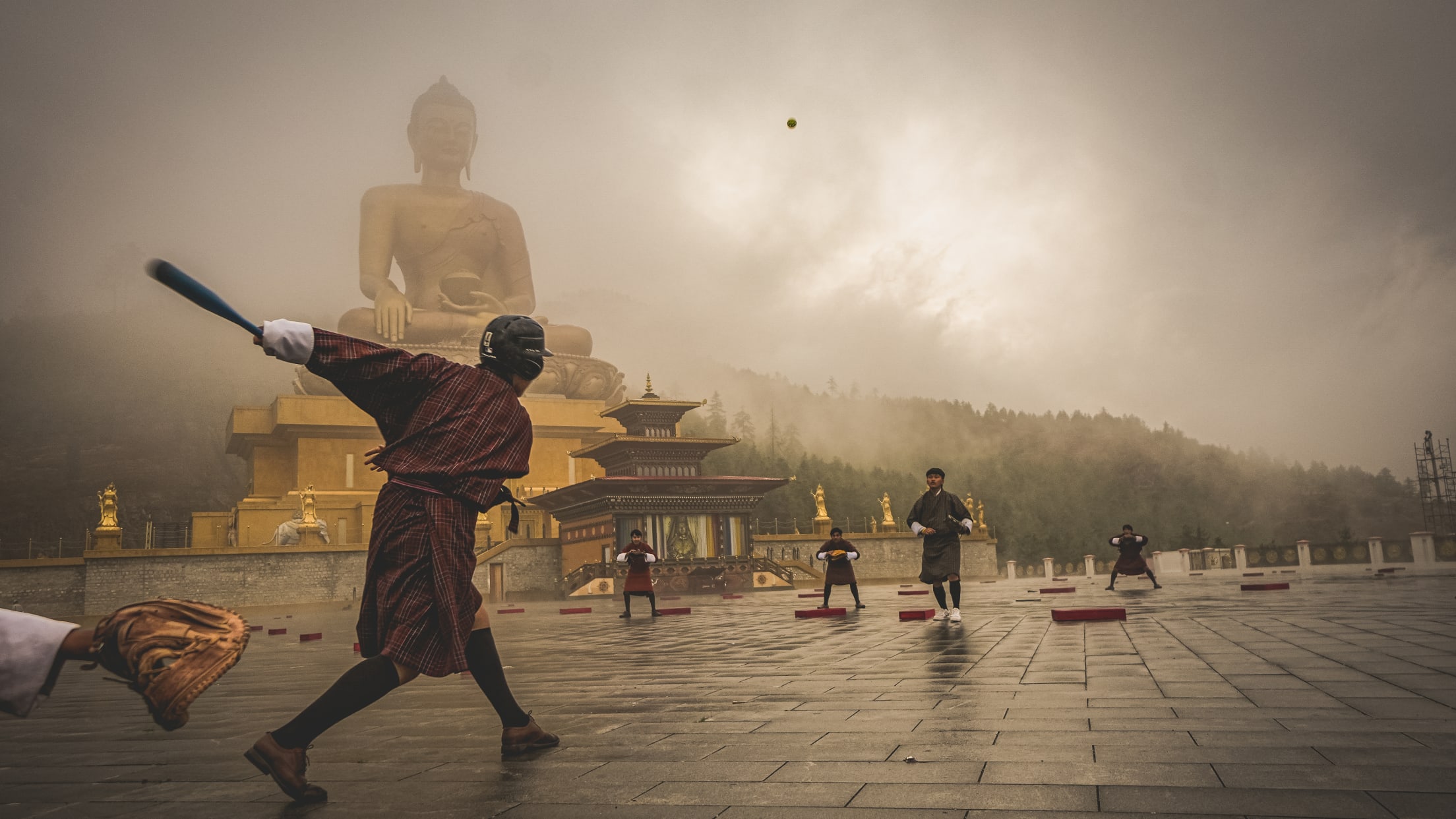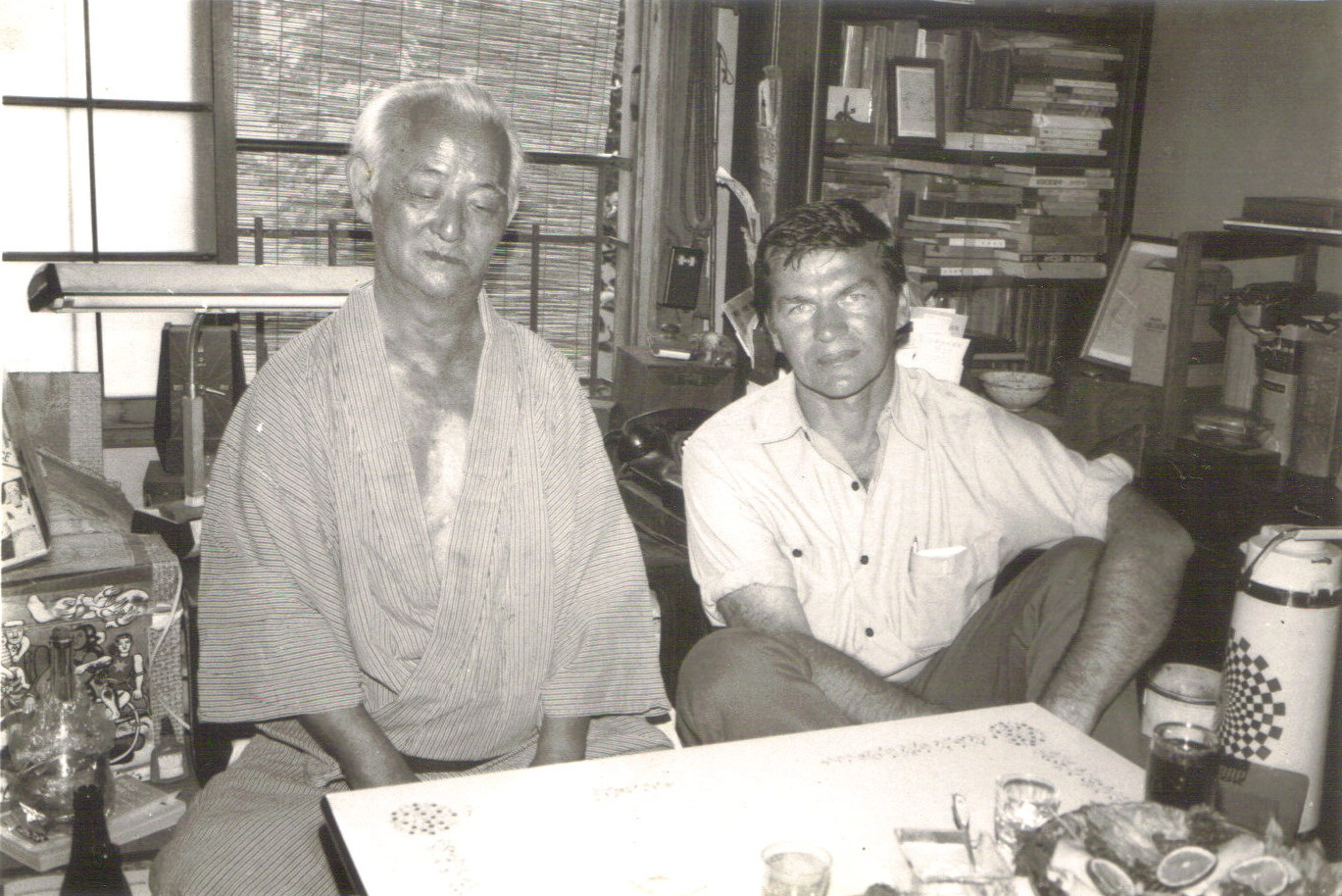
The ancient Masters slept
without dreams and woke up without worries.
Their breath came from deep inside them. They didn’t cling
to life, weren’t anxious about death. They emerged without desire
and reentered without resistance. They came easily; they went easily.
They didn’t ask where they were from; they didn’t ask where
they were going. They took everything as it came,
gladly, and walked into death without fear.
They accepted life as a gift, and
they handed it back
gratefully.




